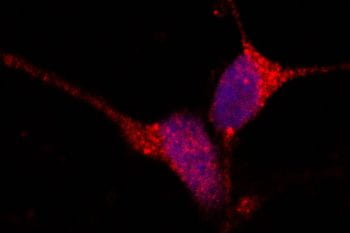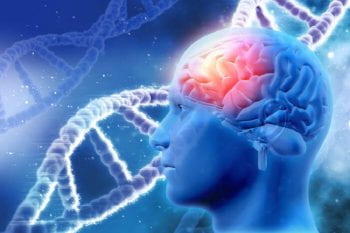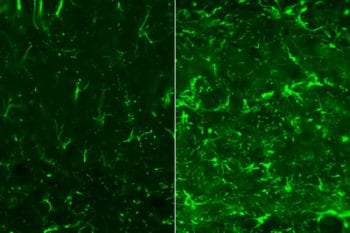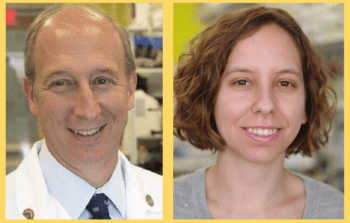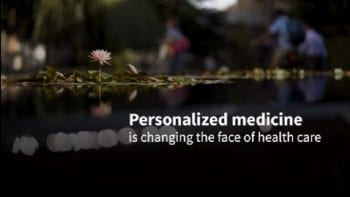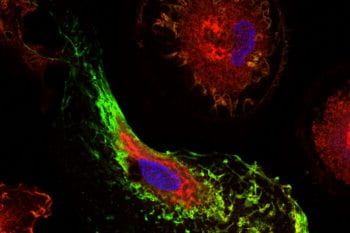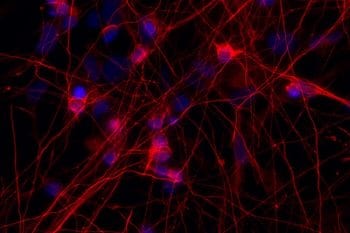Under normal circumstances, tau protein is part of the brain’s infrastructure, important for stabilizing neurons into their proper shapes. But sometimes tau gets knotted up into tangles and turns toxic, injuring brain tissue and causing tauopathies, a group of brain diseases characterized by problems with learning, memory and movement. Alzheimer’s disease is the most common […]
How do toxic proteins accumulate in Alzheimer’s and other diseases?
